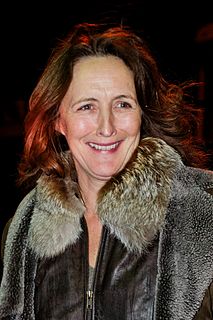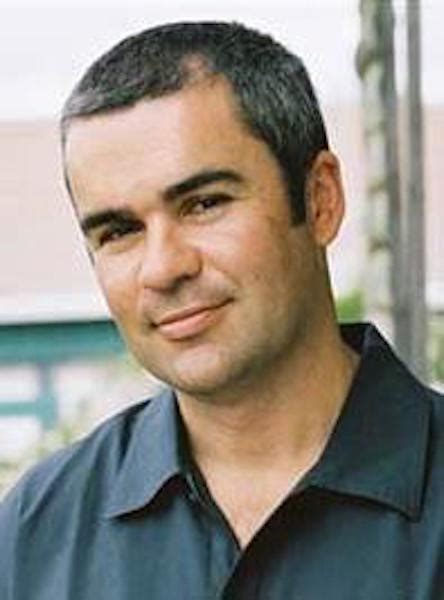A Quote by Barbara Ehrenreich
Well, I certainly wouldn't want to live in the 18th century myself, or the 19th either, for that matter.
Related Quotes
Although the stories are very present in my book, and very present in my mind, what I was most interested in was the question of why it had attracted such a following in the 18th Century. It's less mysterious that it attracted a following in the Romantic period, and in the 19th Century, but the early 18th Century when the Rationalists fell in love with it...that was mysterious. What I wanted to look at was the forms of enchantment.
I wanted to create a believable feeling for 18th Century reality in the Perfume: The Story Of A Murderer. I didn't want this typical film feel of strange people in strange costumes, not really knowing what to do or how to move. If you put an 18th Century costume on Alan Rickman, it looks like he's been wearing it forever because he inhabits the stuff. He is a character that can really travel in time as an actor and transform into this 18th Century person with seemingly no effort.
Yiddish, originally, in Eastern Europe was considered the language of children, of the illiterate, of women. And 500 years later, by the 19th century, by the 18th century, writers realized that, in order to communicate with the masses, they could no longer write in Hebrew. They needed to write in Yiddish, the language of the population.
I was really interested in 20th century communalism and alternative communities, the boom of communes in the 60s and 70s. That led me back to the 19th century. I was shocked to find what I would describe as far more utopian ideas in the 19th century than in the 20th century. Not only were the ideas so extreme, but surprising people were adopting them.






































